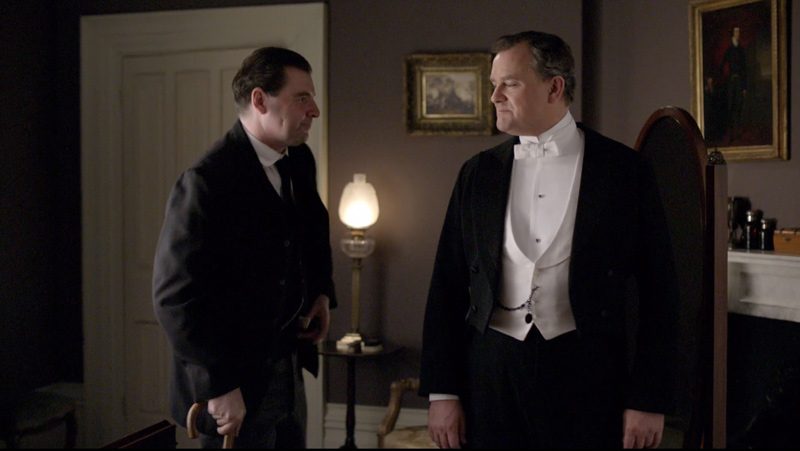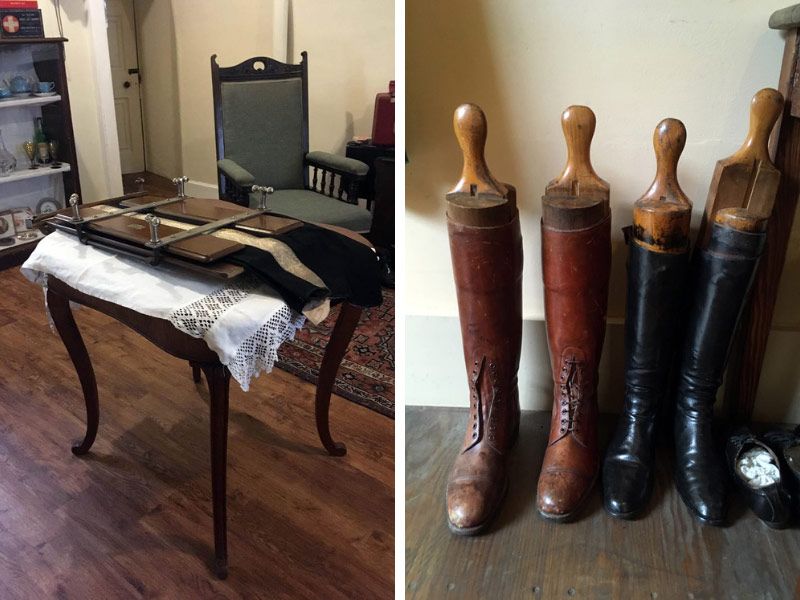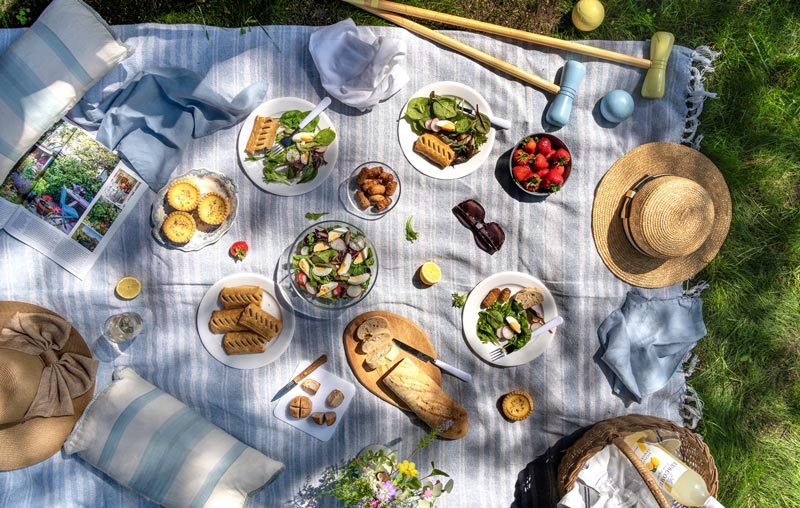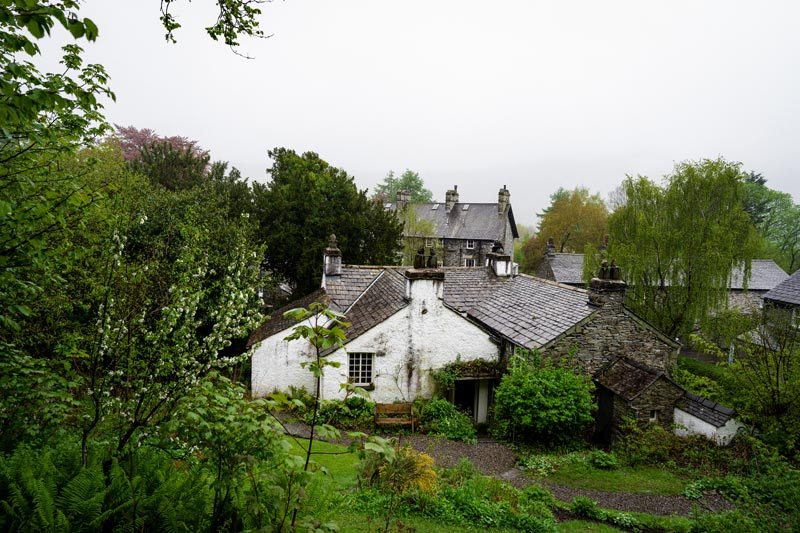I threw a picnic in our garden the other day. We were busy with all…
The valet
Do you still remember Mr Bates in Downton Abbey? Of course you do, he is the valet. But who is a valet in an English household and what are his duties? Let’s have a closer look as it is much more than just helping his lordship to dress.
Origin
The word valet means a gentleman’s personal servant (a gentleman’s gentleman) but in medieval times it meant a youth living in a superior household where he could learn courtly matters.

Duties
As said, the valet not only helped his lord to dress up, but he gave him a bath, shaved him, trimmed his hair and looked after the clothes and footwear including accessories. This means the valet knew exactly how to get rid of different stains, what to use to clean certain fabrics and materials and was able to repair his master’s expensive wardrobe. He knew how to sew and press and looked after the entire wardrobe from boots to top hats.
He was also responsible for cleaning toiletries such as razors, combs and brushes and kept the wardrobe tidy and neat. He also kept contact with the tailor, linen-draper and perfumer.
The valet accompanied his employer on trips and visits. He made sure the right attire and outfits were all packed for the trip, arranged taxis and took care of the luggage.
The position of a valet is the equivalent of the ladies maid (O’Brien in Downton Abbey) and it belonged to the so-called ‘Upper Ten’ in the servants hierarchy. This means it was a respectable position with responsibility and discretion. We could also say it was a status symbol. Bear in mind the valet helped the lord of the house to dress every day, he talked to his employer and often became his confidant. That is why Thomas in Downton Abbey wanted to become valet when he had enough of being a footman and indeed, valets often began as footmen in the household and performed valeting tasks for the master’s son or for male guests who did not travel with a valet.

Only the wealthier could afford one…
A Valet is typically found in bigger and wealthier households only. As seen in the series ‘You rang, M’lord?’ the duties of a valet are carried out by the butler (Mr Stokes) for his lordship and by the footman (Mr Twelvetrees) for his lordship’s brother.
Perks
Decent valets could rely on presents from visitors who often gave them their unwanted clothes. This reminds me of a funny story:
At the beginning of the 20th century one of Britain’s wealthiest households was Cliveden in Buckinghamshire owned by the American millionaire couple, Waldorf and Nancy Astor. Lord Astor’s footman was Gordon Grimmet who managed to get clothing from guests for whom he was valeting. The butler, Edwin Lee seeing Gordon’s personal laundry when paid an unexpected visit to Gordon’s bedroom thought it would be difficult to identify Gordon at hospital on the basis of his underwear, meaning too many coronets and coat of arms. Butler Lee said: ‘Never judge a sausage by its skin.’




Comments (0)